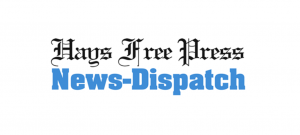Buda, Community, Dripping Springs, Hays County, Kyle, News, San Marcos, Wimberley
What the candidates are saying
The Hays Free Press/News-Dispatch asked our two candidates for State Representative District 45, Carrie Isaac and Erin Zwiener. Carrie Isaac did not respond to the questionnaire.
Erin Zwiener
State Rep. #45
Q: How would you rate the state’s handling of the COVID-19 crisis?
A: The state’s handling of COVID-19 has been chaotic, inconsistent, and has led to unnecessary deaths and strain on our communities. Leadership has failed to offer clear guidelines and recommendations to the people of ...






